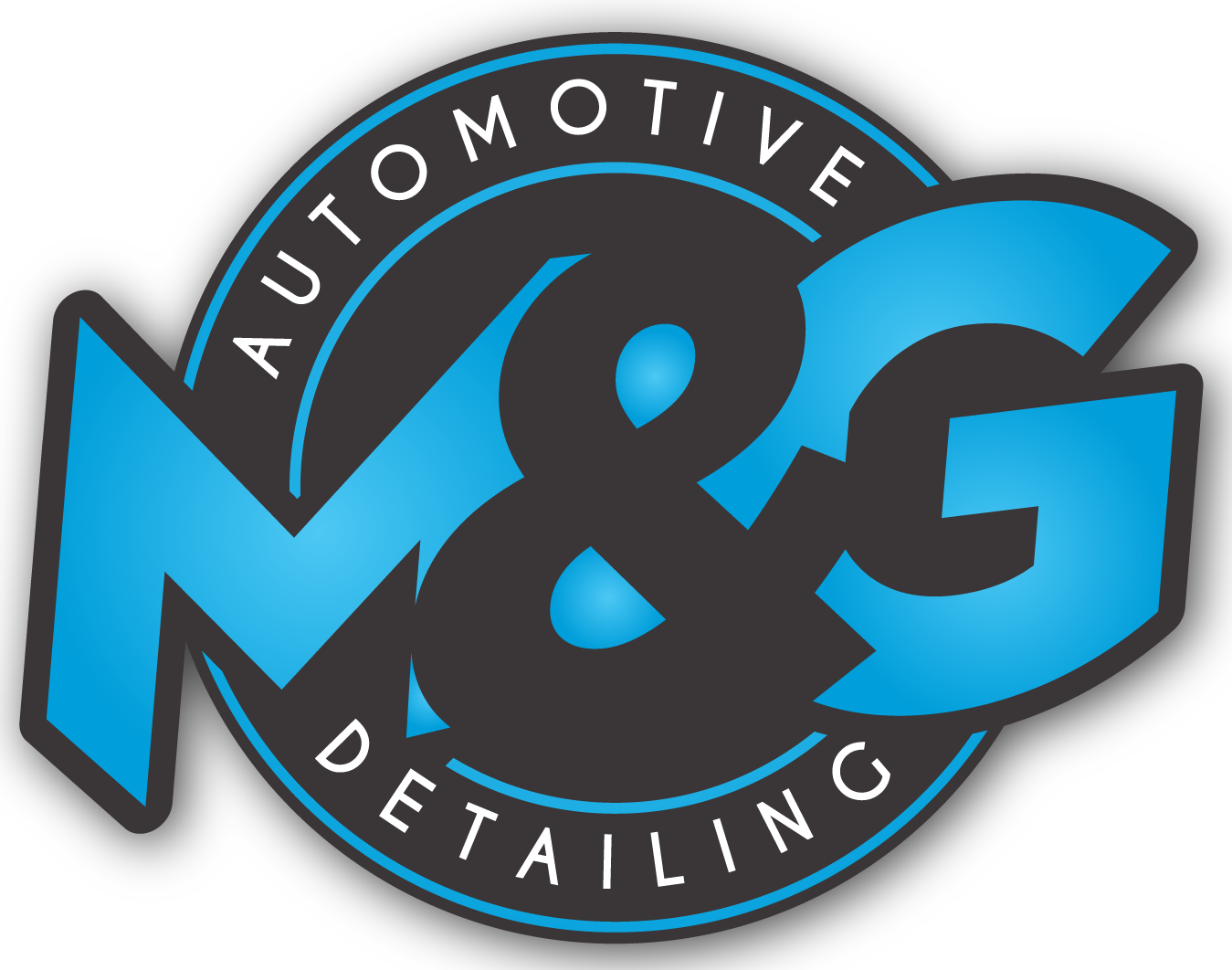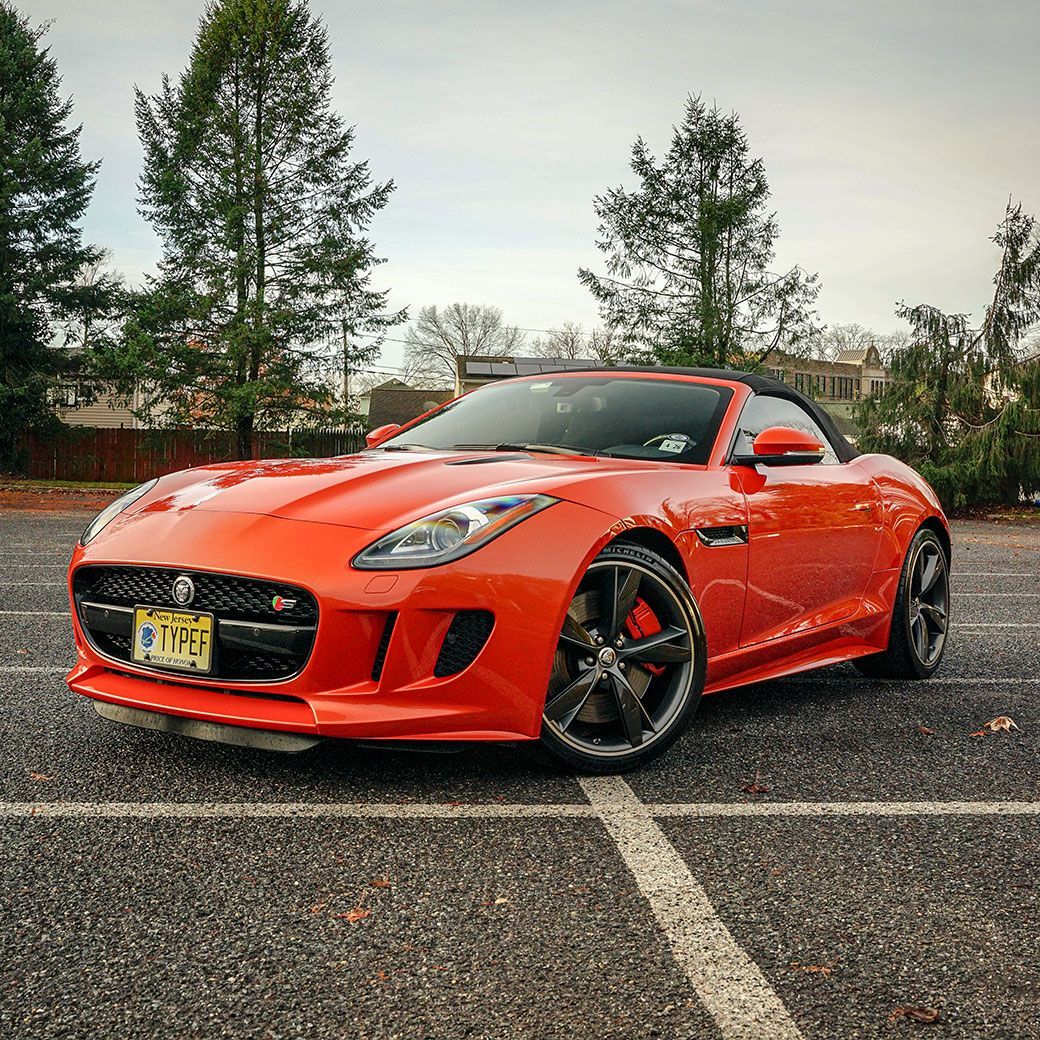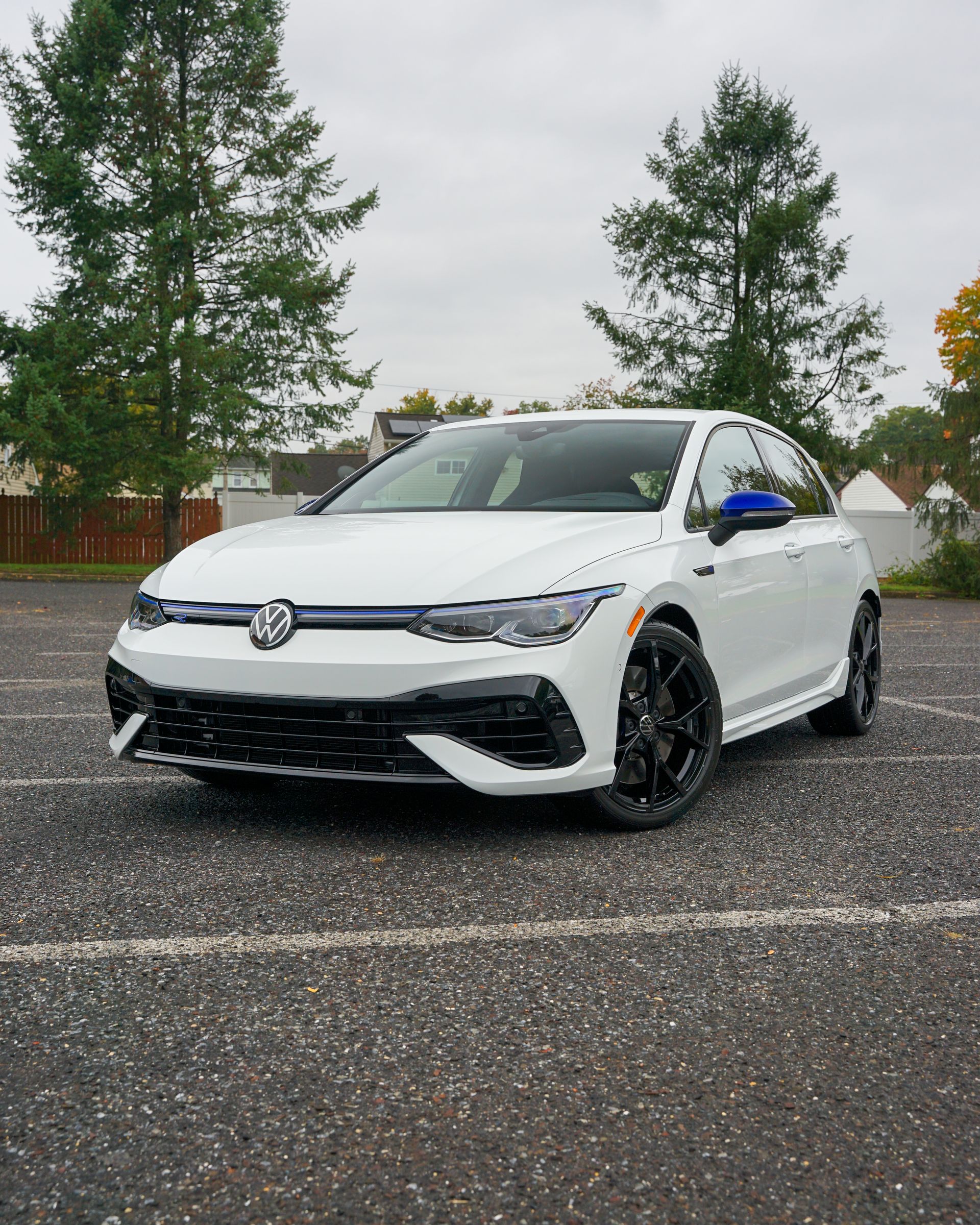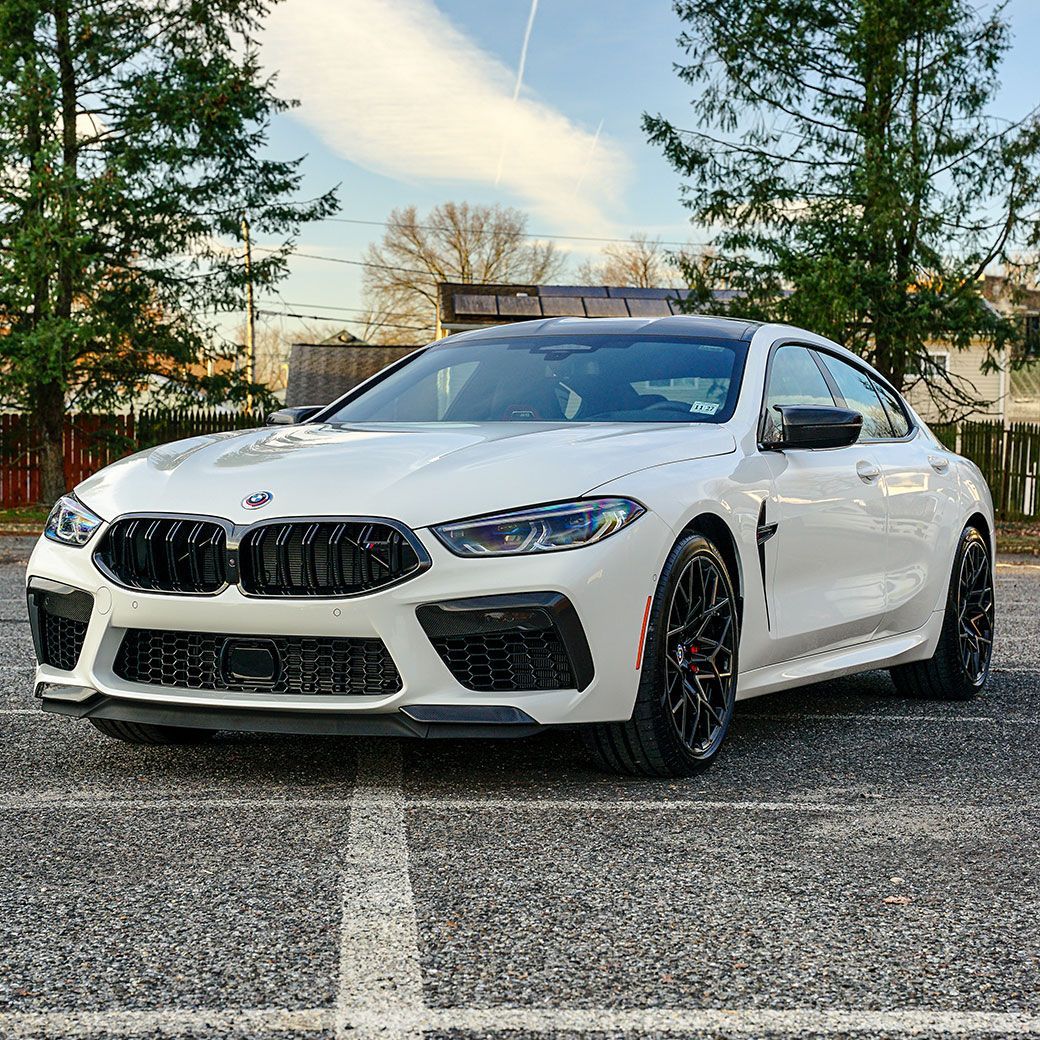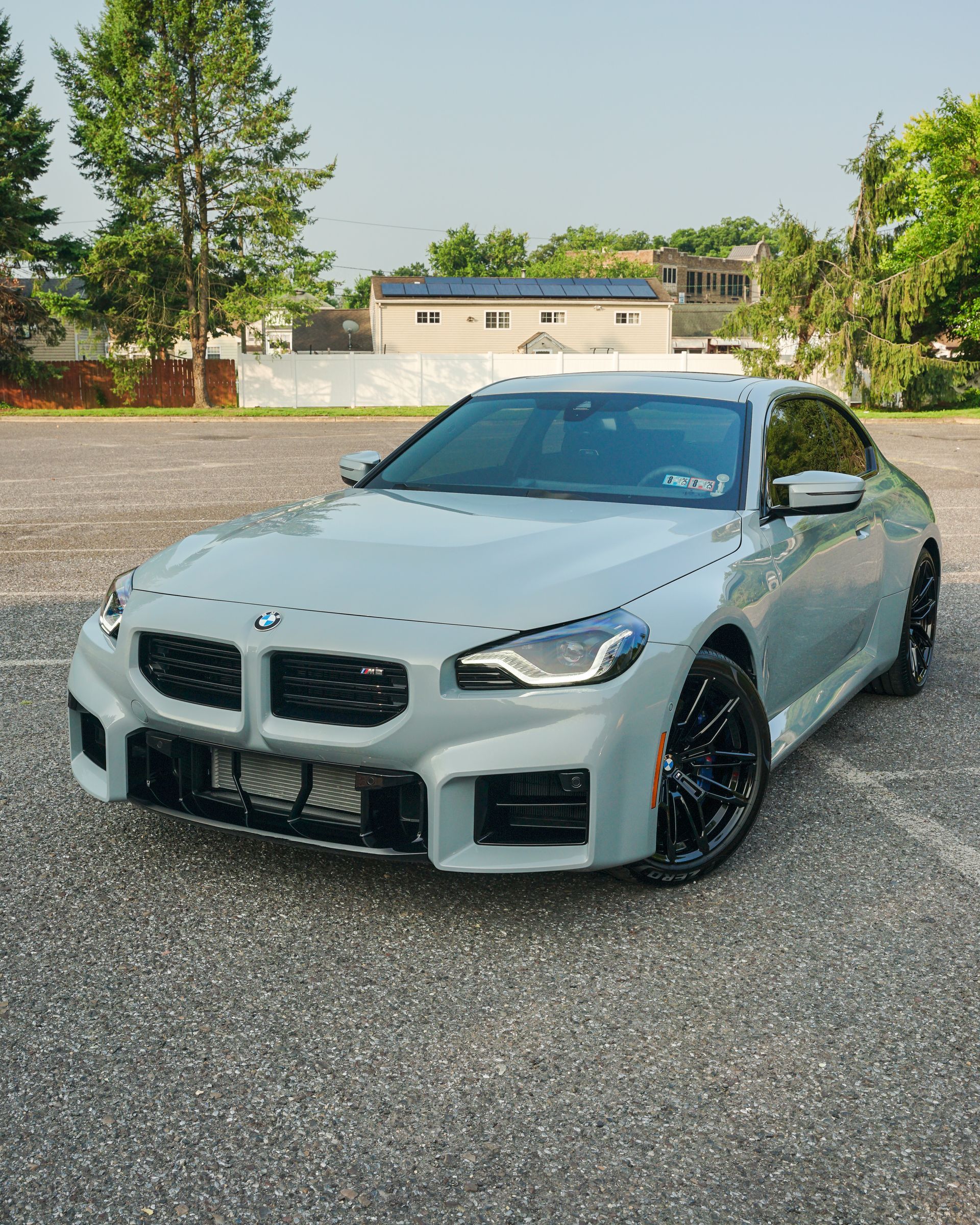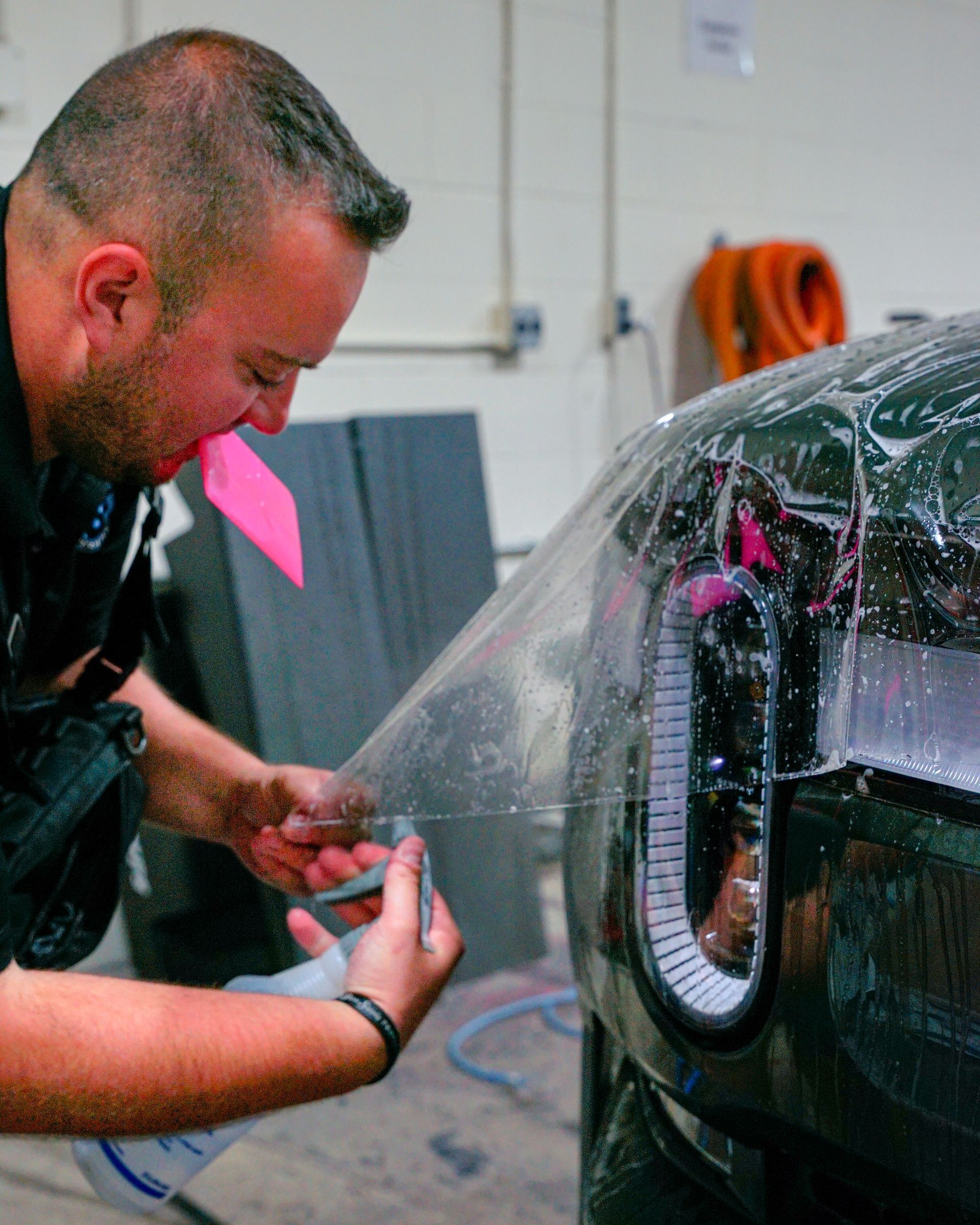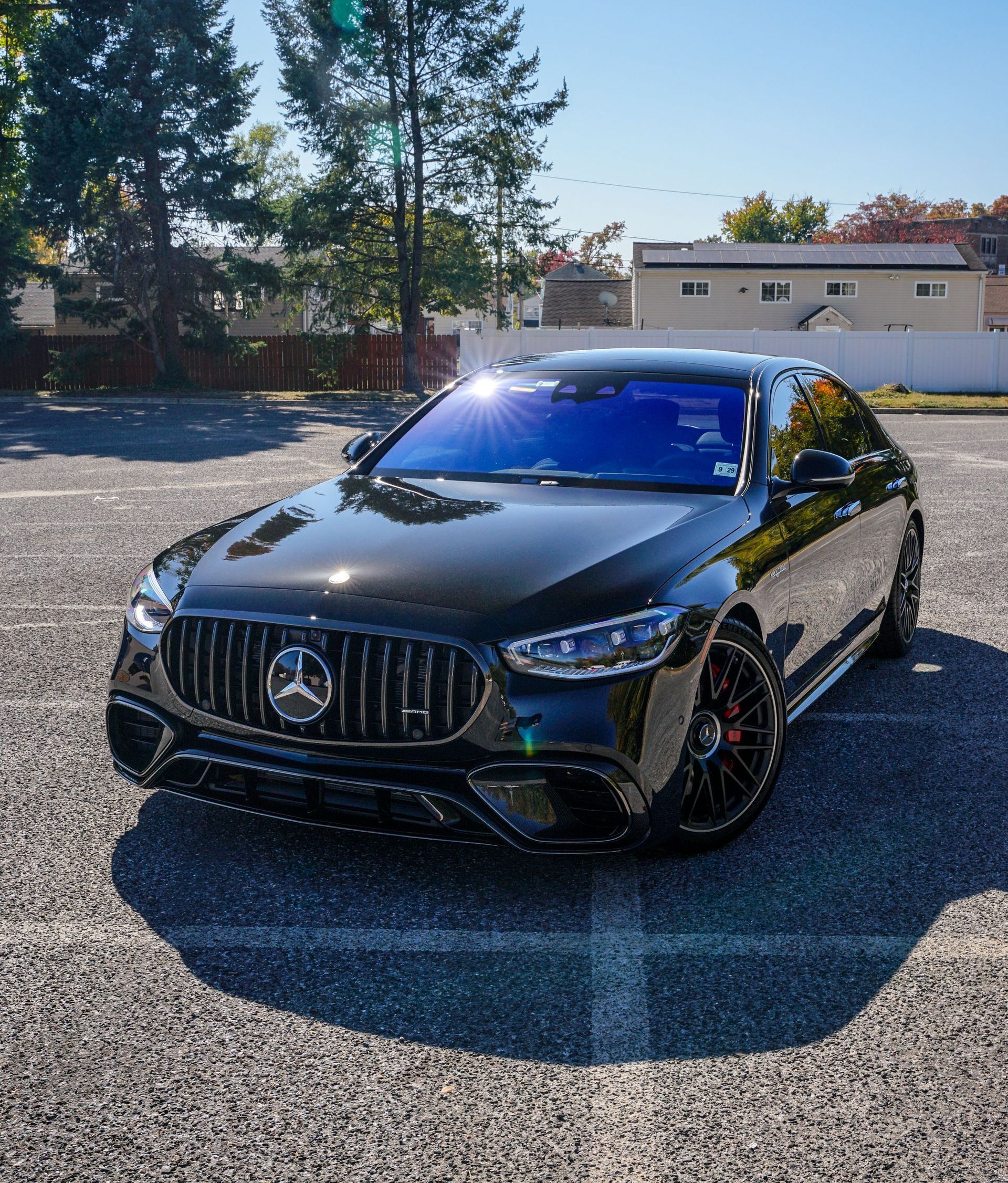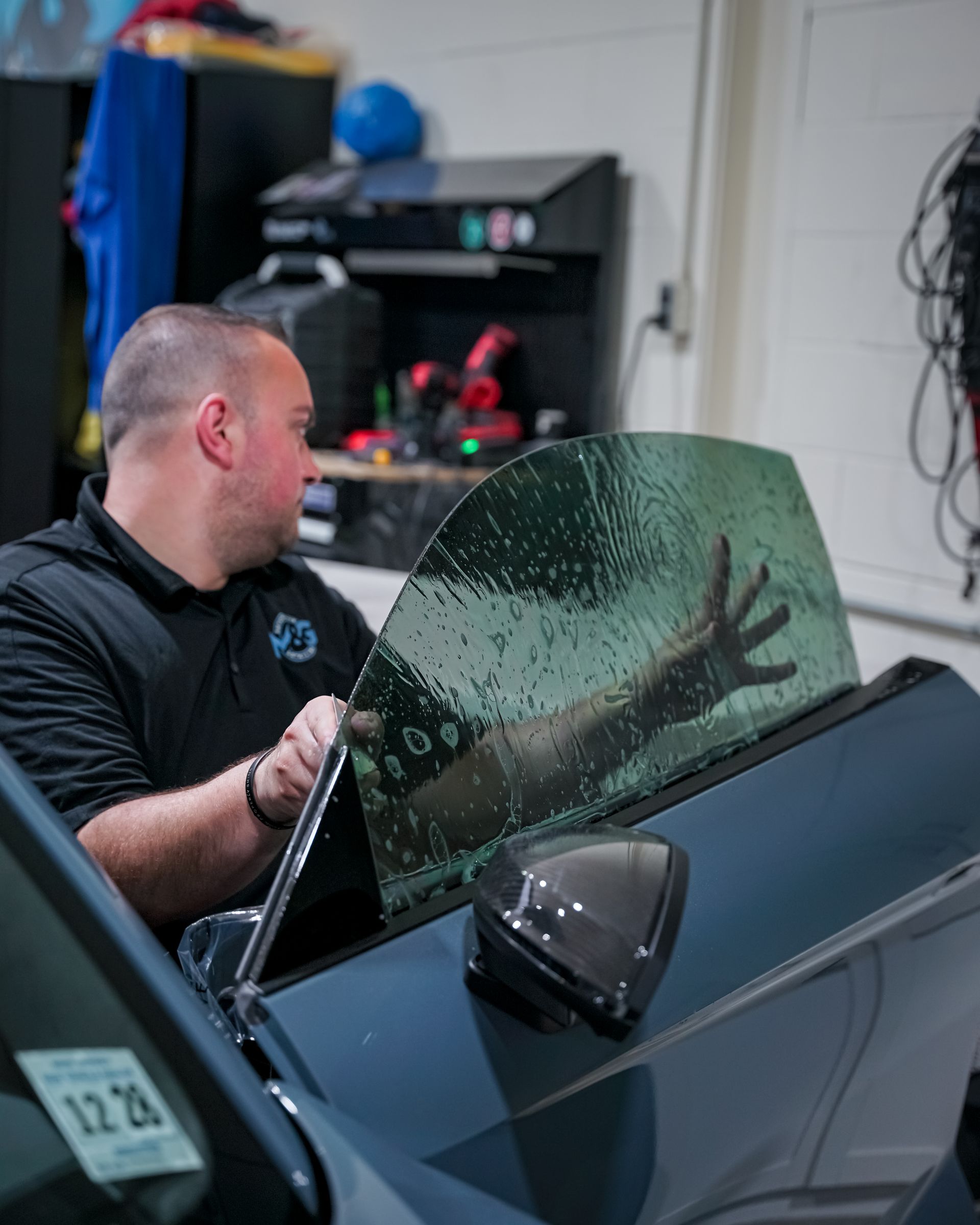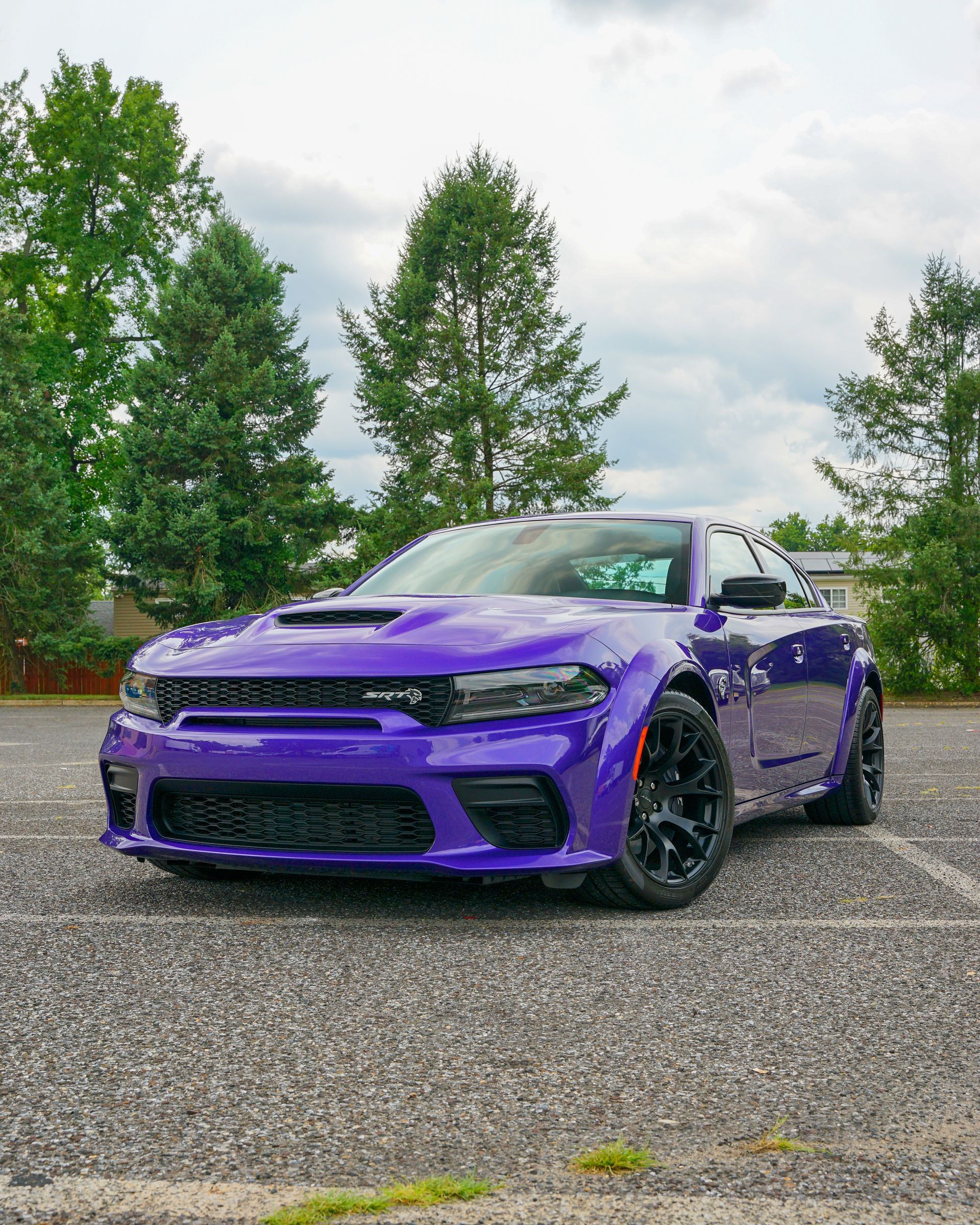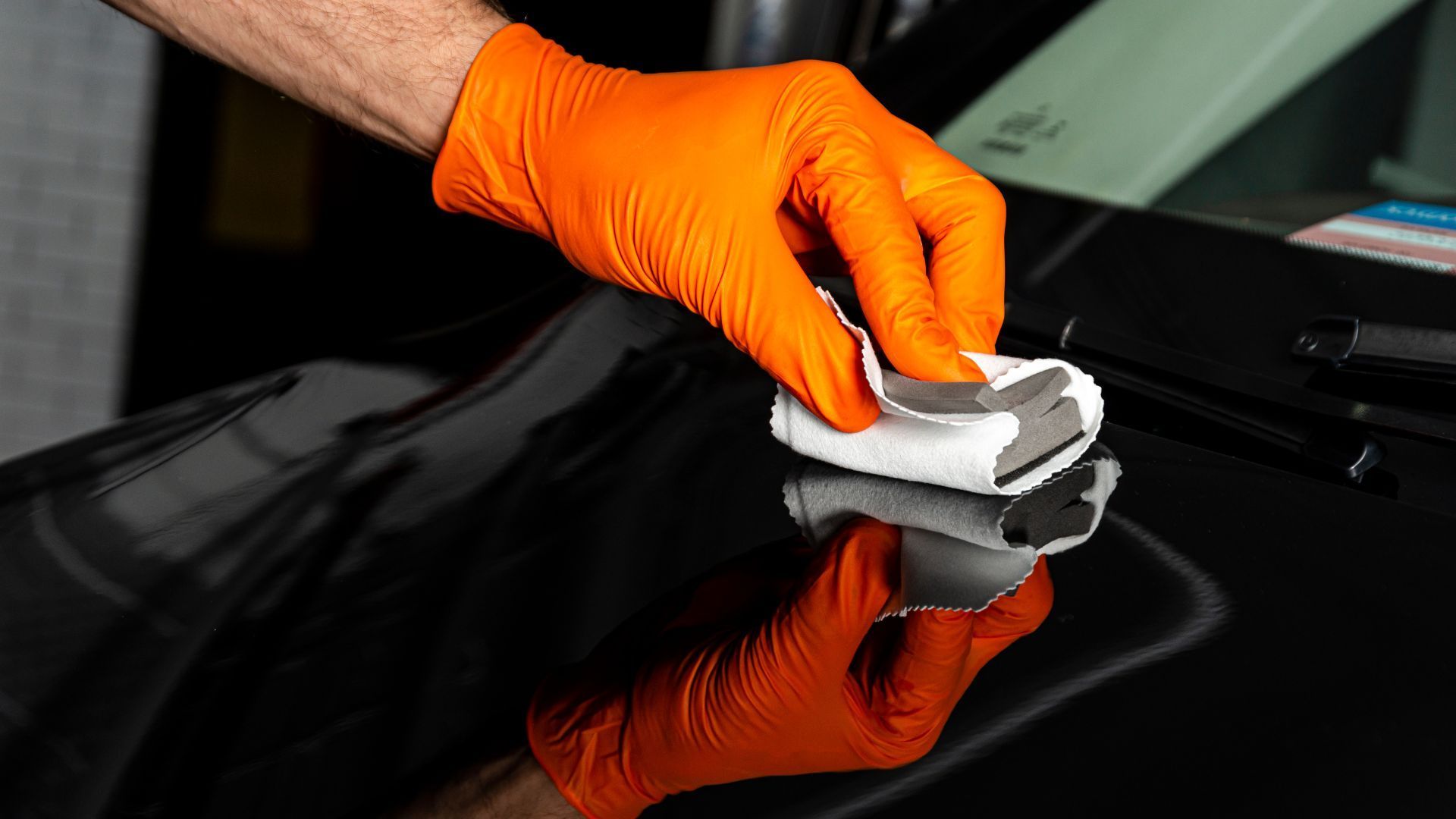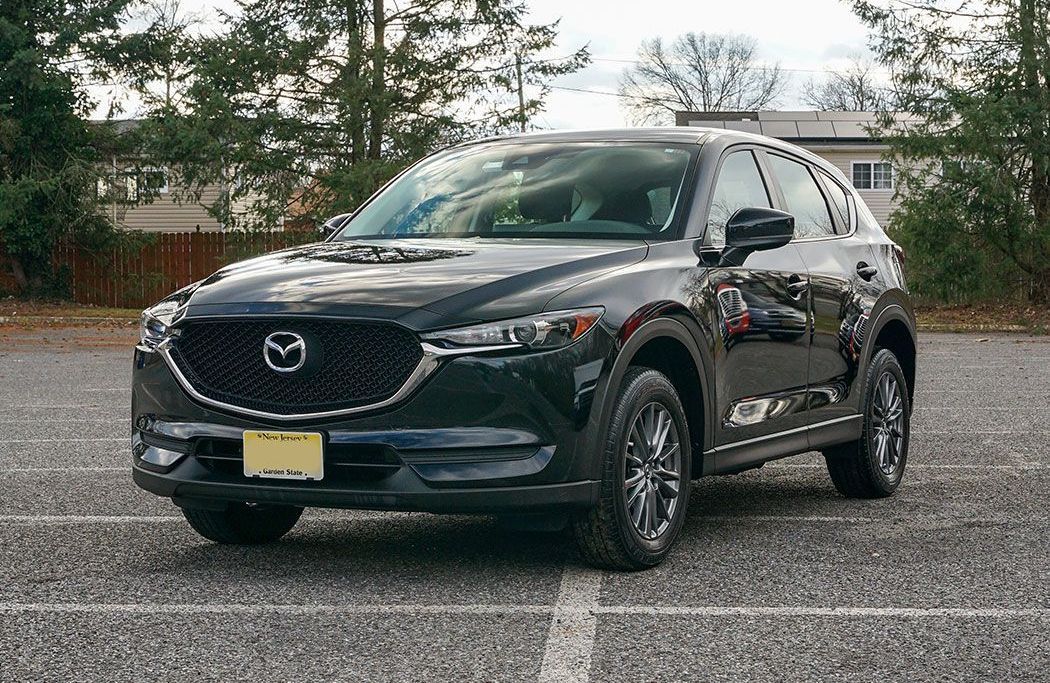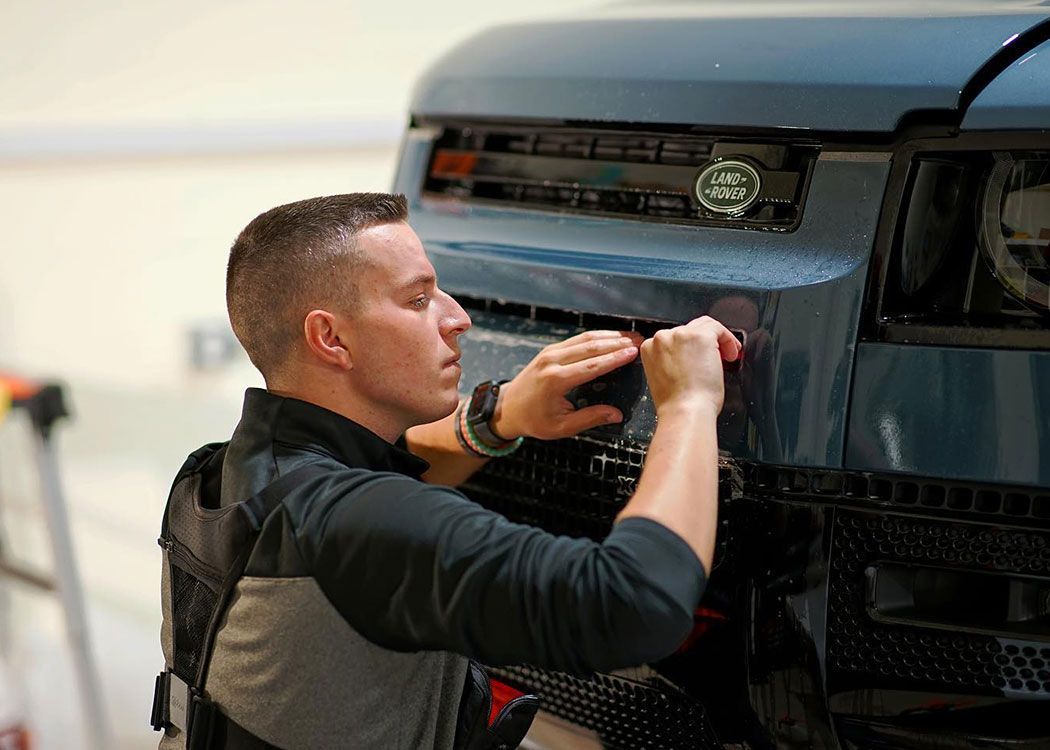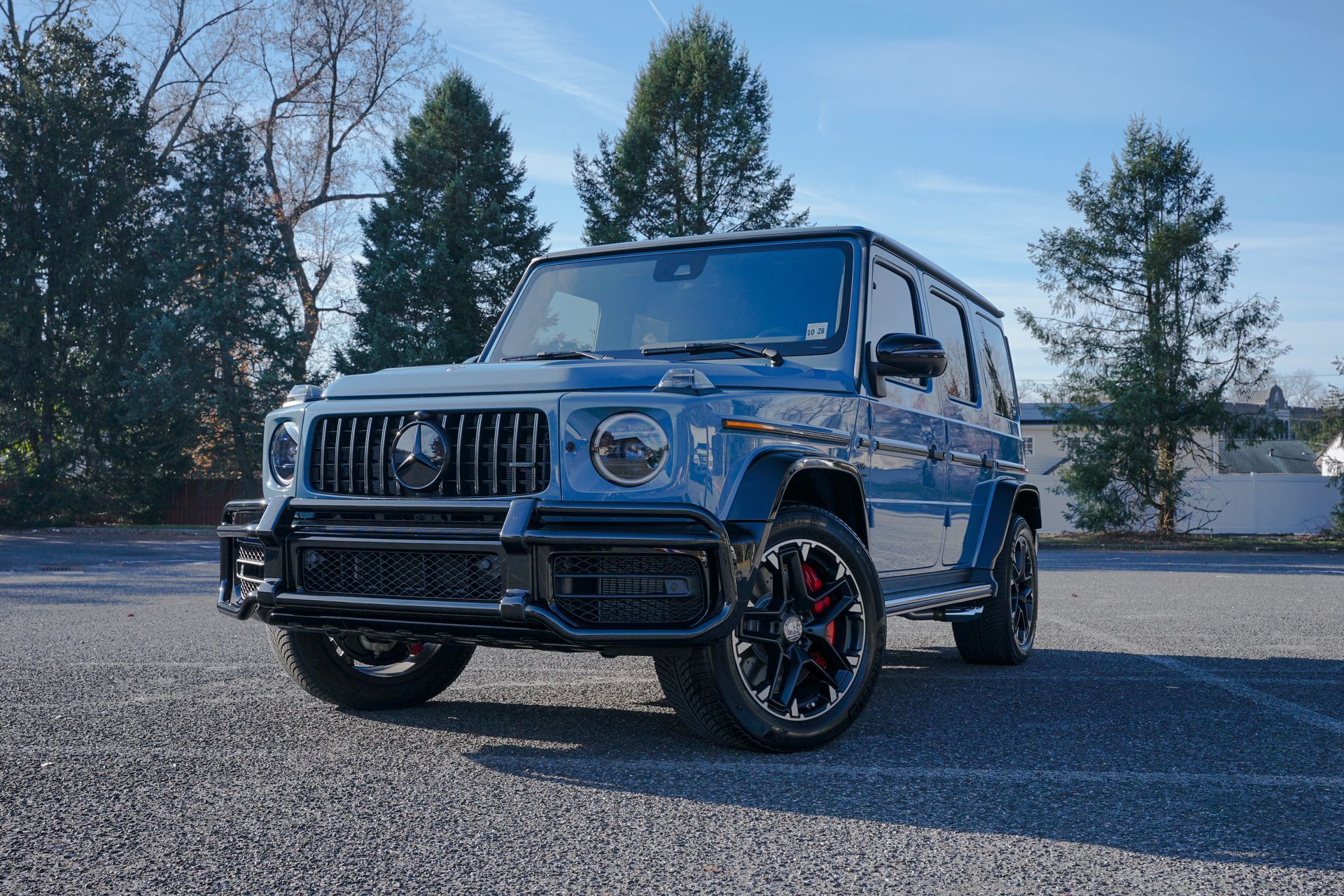A ceramic coating for your car is a wise investment. It offers long-lasting protection, reduces maintenance time, and enhances your vehicle’s appearance. While initial costs might be higher than traditional waxing or paint sealing methods, the durability and efficiency of ceramic coatings make them a cost-effective solution in the long run. But it’s not all. Your car's specific paint type and environmental factors can also make ceramic coating an even better choice.
Ceramic coating is worth it for cars as it provides long-lasting protection, preserves the paint's shine, and creates a hydrophobic surface that repels water and dirt. While there may be upfront costs, the benefits of easier maintenance and enhanced aesthetics make it a valuable investment for vehicle owners.
Researching Ceramic Coating for Your Car
When you're contemplating ceramic coating for your car, you're not simply analyzing a product; you're evaluating a long-term investment in your vehicle's protection and appearance. Ceramic coatings provide enduring defense against various environmental elements, from UV rays to dirt and grime. Understanding the longevity of protection that various ceramic coating products offer is crucial. Some may offer protection for up to 5 years, while others may have a shorter lifespan. Matching the durability of the coating to your specific needs and expectations is crucial.
Another pivotal factor to consider is the ease of maintenance. Ceramic coatings are prized for making cars easier to clean due to their hydrophobic properties—repelling water, dirt, and contaminants, thereby reducing the need for frequent washing. If you live in an area with harsh winters where salt and road grime can take a toll on your car's paint, you'll want a ceramic coating that provides robust protection and requires minimal maintenance. Additionally, if maintaining your car's glossy finish takes precedence, opt for a ceramic coating known for its ability to preserve the shine over an extended period of time.
Cost-Benefit Analysis: Ceramic Coating Versus Alternatives
It's essential to compare the costs and benefits of choosing ceramic coating over traditional methods like waxing or paint sealants. Let's break down some key factors to consider when weighing your options.
- Upfront Cost: Traditional methods like waxing are generally less expensive initially. You can purchase a DIY waxing kit for as little as $20 to $50, while professional waxing services may range from $100 to $300 depending on the car size and the specific products used. On the other hand, ceramic coating typically requires a higher initial investment. The price can start at $500 for a basic application on a small car and go upwards of several thousand dollars for luxury vehicles.
- Longevity of Protection: One of the most significant advantages of ceramic coating over traditional methods is its longevity. While waxing offers protection for only a few weeks before needing reapplication, ceramic coating can last for several years with proper care. This means you won't have to spend time and money on frequent reapplications, making ceramic coating more cost-effective than traditional methods in the long run.
- Maintenance Requirements: When considering maintenance, ceramic coating requires minimal upkeep compared to traditional waxing. A properly applied ceramic coating repels water, dirt, and contaminants, making cleaning much easier than with waxed surfaces. Additionally, the hydrophobic properties of the ceramic coating facilitate quick and efficient washing, adding to its appeal for many car owners who value convenience and ease of maintenance.
- Long-Term Paint Preservation: Beyond just protection from external elements, ceramic coating provides comprehensive preservation for your car's paint. It guards against UV rays, oxidation, and chemical stains much more effectively than traditional waxing or sealants. This means your car's exterior will maintain its original shine and color for a longer period, contributing to increased resale value.
Ultimately, weighing the upfront cost against the long-term benefits and considering factors such as longevity of protection, maintenance requirements, and the potential for long-term paint preservation can help you make an informed decision about whether ceramic coating is a worthwhile investment for your specific needs.
Durability and Paint Protection Levels
Ceramic coating has gained popularity due to its ability to shield a car's paint from various environmental hazards. Let's break down the key aspects that contribute to its high level of protection and durability.
Environmental Contaminants Protection
Environmental contaminants like bird droppings, tree sap, and harsh chemicals can wreak havoc on your car's paintwork. Ceramic coatings create a protective barrier that repels these contaminants, preventing them from causing damage to the underlying paint. This forms a crucial shield against the daily assault your vehicle faces from the environment.
UV Rays Protection
UV rays from the sun can penetrate a clear coat and fade the car's paint over time. Ceramic coatings provide a layer of protection that mitigates the harmful effects of UV rays, helping to maintain the vibrancy and integrity of the paint for a longer period of time. By reflecting UV rays and reducing their impact on the paint surface, ceramic coatings help preserve the aesthetic appeal of the car.
Chemical Resistance
Ceramic coatings offer impressive chemical resistance compared to traditional wax or sealants. The chemical bonding and hardening properties of ceramic coatings make them highly resilient to acidic or alkaline substances, including harsh cleaning agents, providing long-term protection against chemical etching. This property helps preserve your vehicle’s paint for longer.
Hydrophobic Properties
One of the most celebrated features of ceramic coatings is their hydrophobic properties. This means that water is repelled from the surface, causing it to bead up and roll off effortlessly. This not only contributes to a cleaner appearance but also reduces water marks and mineral deposits left behind by evaporated water droplets. Imagine driving in heavy rain where water beads off your car's surface like magic, minimizing water spotting and making maintenance a breeze. That's what ceramic coatings bring to the table.
When you consider the combined effects of environmental contaminants protection, UV ray shield, chemical resistance, and hydrophobic properties, it becomes evident that ceramic coatings offer a comprehensive shield against various elements that can degrade your car's paint over time.
Evaluating Quality and Detailing in Ceramic Coating
When it comes to ceramic coatings, not all products are equal. Some may claim to offer long-lasting protection but fall short in actual performance. It is essential to look for reputable brands known for their high-performance ceramic coatings. These brands invest in extensive research and development to ensure that their products offer durable protection and a lasting shine. Additionally, the expertise and precision of professional detailers play a significant role when opting for professional application. While some detailers may offer lower prices, their lack of skill and experience can result in a subpar application, negating the benefits of the ceramic coating altogether. Therefore, it's crucial to carefully evaluate the qualifications and track record of professional detailers before entrusting them with the application process.
Attention to detail during the application process is paramount. A well-applied ceramic coating requires meticulous preparation of the vehicle's surface, ensuring that it is free from contaminants and imperfections before the coating is applied. This meticulous process sets the stage for a flawless finish and maximizes the bonding characteristics of the ceramic coating. However, some individuals may argue that the cost of high-quality ceramic coatings and professional application services is prohibitive. While it's true that premium ceramic coatings and professional services come at a higher cost, it's important to recognize that these investments translate into long-term benefits. The longevity and effectiveness of high-quality ceramic coatings outweigh their initial cost, providing extended protection and reducing the frequency of reapplication.
Therefore, when considering ceramic coatings for your vehicle, prioritizing product quality and paying attention to detail during application are vital. Seeking out reputable brands and experienced professional detailers ensures that you receive the full spectrum of benefits that ceramic coatings offer, from enhanced durability to superior aesthetics.
Ceramic Coating Compared to Waxing
When it comes to protecting your car's exterior, two products stand out: ceramic coating and car wax. While both offer a protective layer, they differ significantly in terms of longevity, maintenance, and overall performance.
Let's start with longevity. Ceramic coatings are the marathon runners of car protection, lasting anywhere from 2 to 10 years with less need for recurring application. Conversely, car wax is akin to a sprinter; it requires frequent reapplication as it evaporates quickly. In terms of protection levels, ceramic coatings provide exceptional resistance to heat, UV rays, and harsh detergents and offer comprehensive defense against moisture-related issues like water spots. On the contrary, while car wax creates a reflective layer on top of the car's paint, it does not offer the same level of resilience.
Moreover, maintenance requirements play a significant role in making an informed decision between the two options. Ceramic coatings eliminate the need for frequent waxing sessions and provide ongoing protection without constant upkeep. The upfront cost of ceramic coating may be higher than waxing, but when considered over time, its long-term durability and reduced need for recurring applications make it more cost-effective in maintaining your vehicle's appearance and protecting its exterior from environmental damage.
While traditional car wax offers its own benefits for occasional use like car shows or photo shoots, ceramic coatings emerge as the clear winner when it comes to long-term preservation of your vehicle's exterior. The distinct advantages offered by ceramic coatings over traditional waxing clearly emphasize why investing in ceramic coating is worth considering for those looking to preserve their vehicle's exterior for years to come.
Premium Ceramic Coating Experts in Cherry Hill, NJ
At M&G Automotive Detailing in Cherry Hill, NJ, we proudly offer
premium ceramic coating services that transform the appearance and protection of your vehicle. Our team of highly skilled professionals utilizes the latest advancements in ceramic coating technology to create a durable, high-gloss finish that shields your car, truck, or SUV from the elements. With our meticulous attention to detail and commitment to exceptional workmanship, you can rest assured that your investment is in the hands of true ceramic coating experts. Discover the unparalleled shine, hydrophobic properties, and long-lasting protection that our premium ceramic coating solutions can provide for your prized possession. Trust M&G Automotive Detailing to deliver the exceptional results you deserve! Call us at
(609) 923-3123 to get started!
